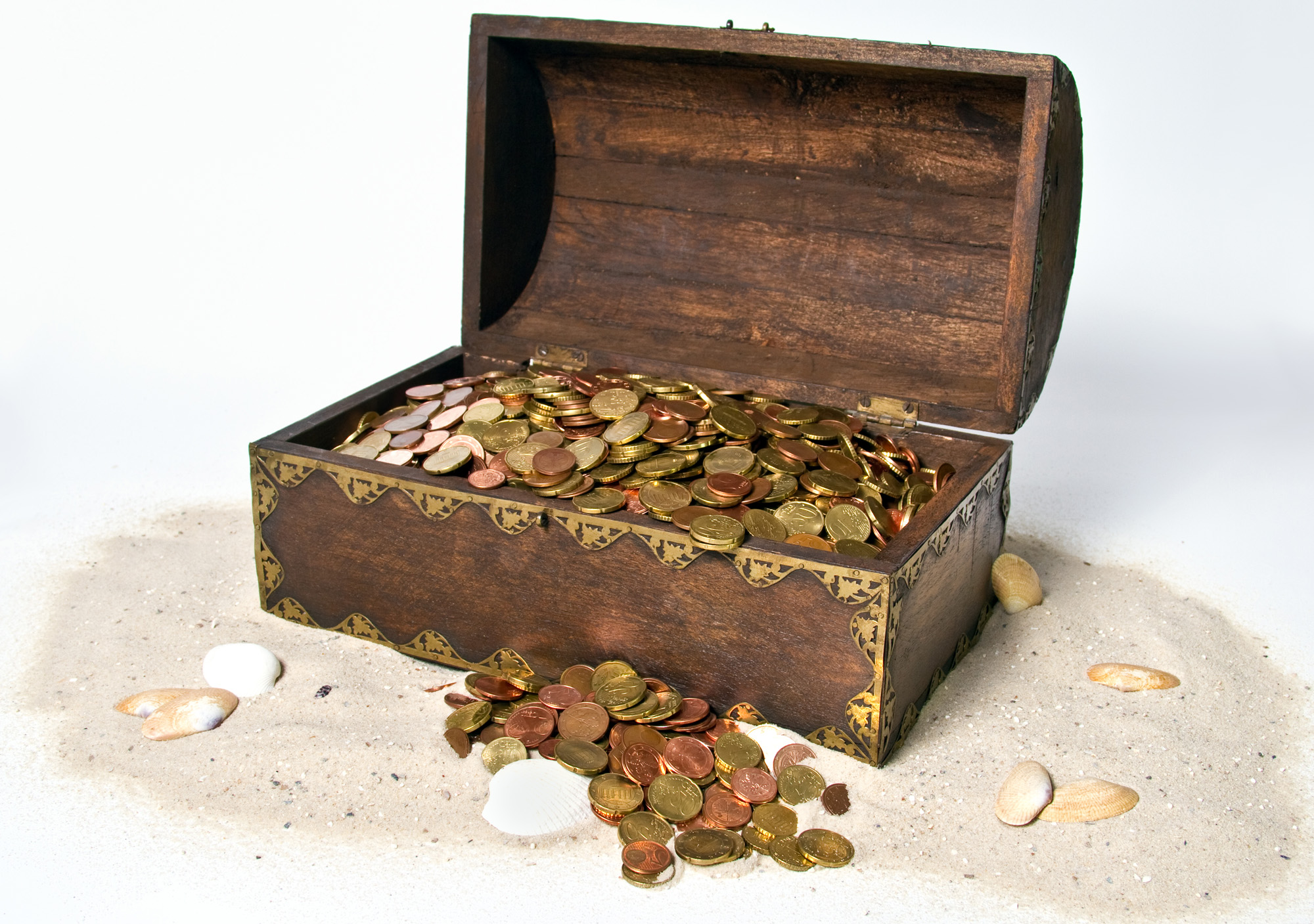Investing
Your last minute year-end tax tips

There are only a couple of days to go until the end of the tax year. Is your financial house in order?
If you haven’t put the necessary time into financial planning so far, there is still enough time to make use of products out there that could help you get the most out of your savings and investments as well as keeping as much of it away as possible from the hands of the taxman.
Here we have a few of the things that you ought to consider as soon as possible. Even a few hours spent researching into products and getting your financial house in order could potentially save you thousands of pounds over the next tax year and beyond.
Ensure each spouse uses their full personal allowance for income tax purposes where possible. Annual income of less than currently £8,105 is not liable to tax. You should consider the possible transfer of income producing assets to ensure that Personal Allowances are not wasted.
Don’t forget that your children are also entitled to a personal allowance and you should look to make full use of these. Junior Individual Savings Accounts (JISAs) are a great away to squirrel away funds for your children’s future.
Pension contributions of up to £3,600 gross per year can be made by individuals with no taxable income. The net contribution after tax relief contributed at source by the UK Government would be just £2,880.
Bed and Sipp – Use existing investments to make a pension contribution. Even if you don’t have cash available to invest in a pension, you can potentially use other investments.
Take this example from Fidelity: Peter has some shares which he bought 10 years ago for £10,000. Today they are worth £15,000. He sells the shares, realising a gain of £5,000, which falls within his Capital Gains Tax allowance of £10,600. He invests the proceeds in his pension and immediately repurchases the share portfolio within his SIPP.
As well as having now sheltered his investment within a pension for tax purposes, he also benefits from immediate tax relief of £3,750 which is added to his pension. If he is a higher rate taxpayer Peter can claim a further £3,750 after the end of the tax year.
At the other end of the scale, the annual allowance (AA) for making tax-relievable pension contributions reduces to £45,000 from £50,000 on 6 April 2013, so consideration should be made to utilising the full £50,000 AA for 2012-13 by 5 April 2013.
You can also carry forward unused AAs from the previous three tax years, so it’s possible to receive tax relief for this tax year on contributions well in excess of £50,000. For more information on how to effectively pension plan click here.
The use of tax-favourable investments such as Individual Savings Accounts (ISAs), Enterprise Investment Schemes (EIS) and Venture Capital Trusts (VCT) should be utilised to make the most out of tax relief available. ISAs are a great first stop for most savers and should not be wasted. Up to £11,280 per person could be invested in a stocks and shares ISA for the 2012-13 year.
Timing of income – taxable incomes may fluctuate from year to year as a result of one-off payments or changes in circumstances.
You should consider the benefits of receiving earlier or later certain incomes to strategically plan the best tax outcome for your income. For example – deferring dividend payments could prove favourable if you have already hit your allowance for capital gains tax this year.
Conversely, the top rate of UK income tax reduces to 45% from 50% on 6 April 2013 so deferral of income such as employment bonuses to after 5 April may well save tax, but you need to make sure that the deferral is done properly to avoid mistakes and falling into an earlier tax year bracket.
Capital gains tax – don’t forget that you can also use the tax-free annual exemption, which is currently £10,600. Each couple is entitled to the exemption each year so gifts between partners prior to sales of assets is tax-effective.
Also note that it may pay to crystallise capital losses where gains in excess of the annual exemption have been made. The deferral of sales until after 5 April may see tax paid at lower rates and provide significant cash-flow benefits in terms of when tax needs to be paid.
Plan ahead for flexible drawdown: you’re not allowed to make any pension contributions in the same tax year in which you start flexible drawdown.
So anyone planning on using flexible drawdown may want to top up their pension with any final contributions before 6 April – any contributions after that date could mean having to wait up to another 12 months before getting full access to their pension funds.